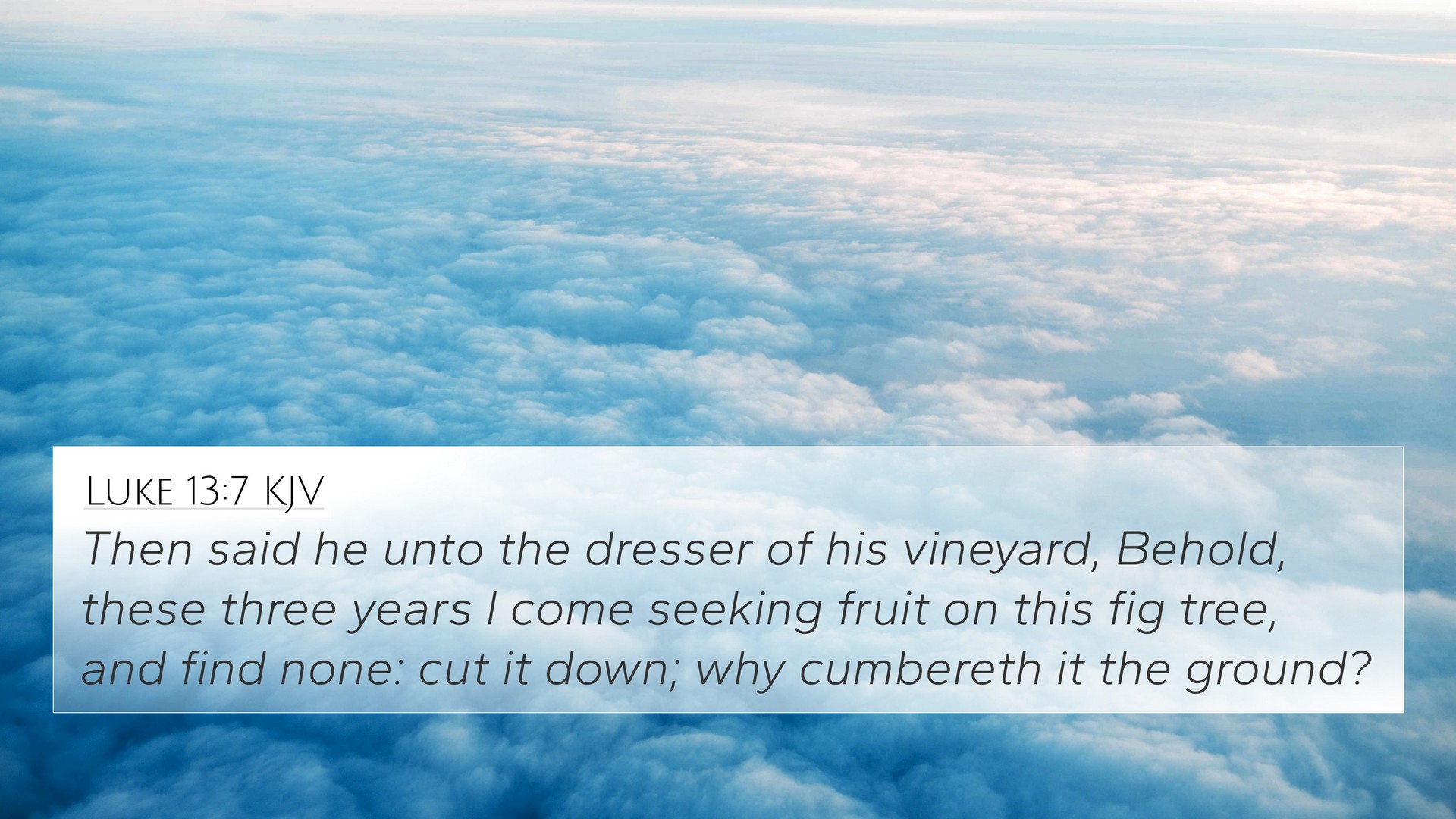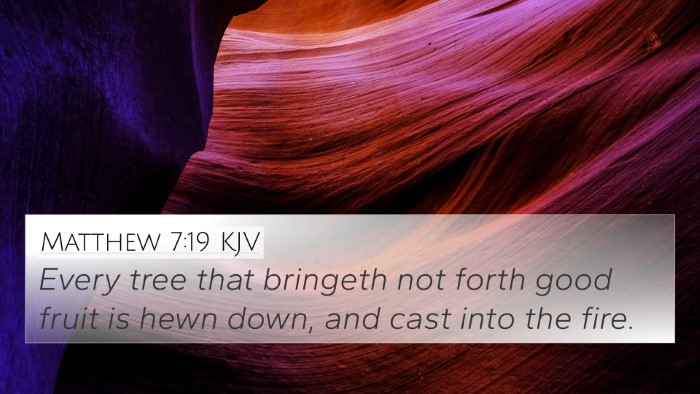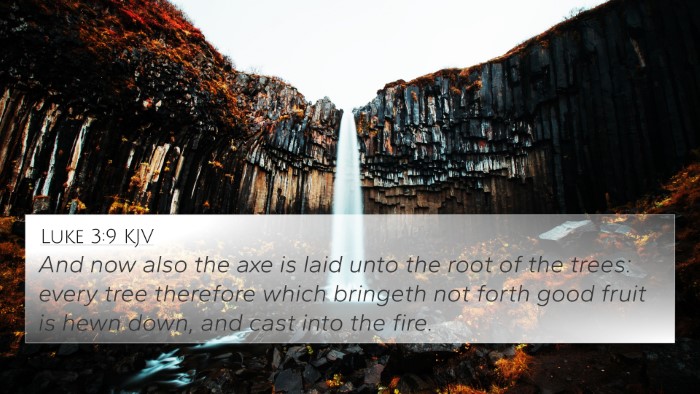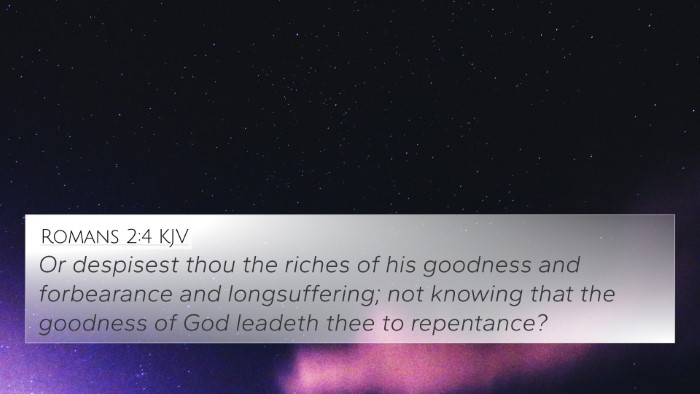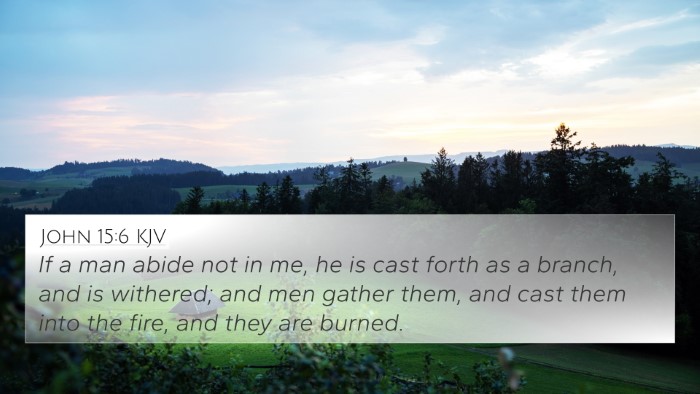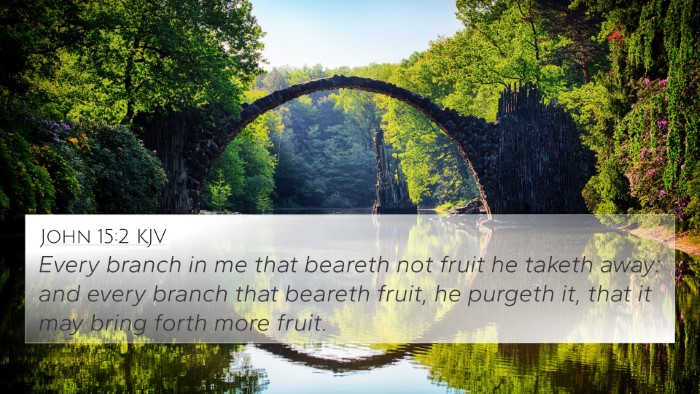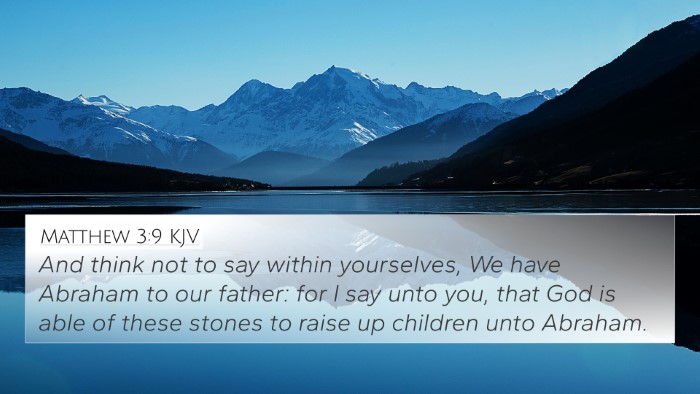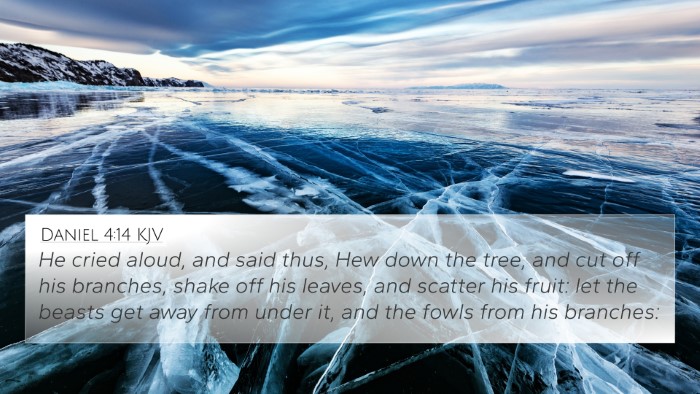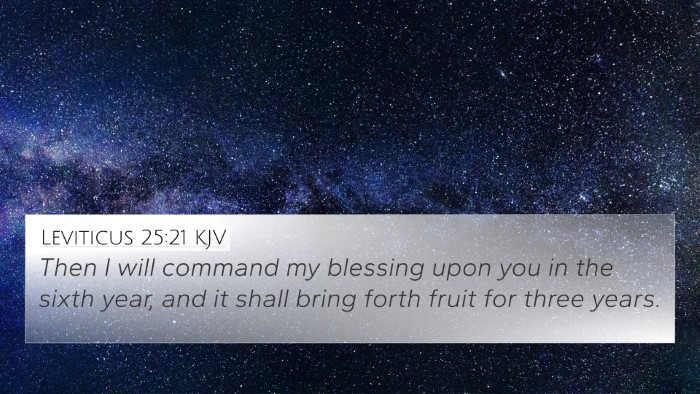Understanding Luke 13:7
Bible Verse: Luke 13:7 - "And he said unto the dresser of his vineyard, Behold, these three years I come seeking fruit on this fig tree, and find none: cut it down; why cumbereth it the ground?"
Verse Meaning and Interpretation
In this verse, Jesus speaks a parable about a fig tree that has been unproductive for three years. This dialogue reflects themes of judgment, mercy, and the expectation of spiritual fruitfulness. The fig tree symbolizes Israel, and the vintner represents God's patience and desire for repentance among His people.
Key Insights from Commentaries
-
Matthew Henry:
Henry emphasizes the importance of bearing fruit for the Kingdom of God. The unfruitful fig tree represents those who fail to respond to God's grace after repeated opportunities for repentance.
-
Albert Barnes:
Barnes points out that the vineyard owner's frustration is indicative of God’s longsuffering nature. He lamented over the lack of productivity, signifying that God seeks results from His people.
-
Adam Clarke:
Clarke highlights God's patience, noting that despite the lack of fruit, the vintner intercedes for the tree, requesting one more year for it to bear fruit. This represents God’s mercy and the hope for repentance.
Significance of the Fig Tree
The fig tree in this passage serves a dual purpose. It indicates the spiritual health of Israel at the time, illustrating God's expectation for action and faith, as well as serving as a metaphor for individual believers who must bear fruit in their lives.
Thematic Bible Verse Connections
- John 15:2: "Every branch in me that bears not fruit he taketh away: and every branch that bears fruit, he purges it, that it may bring forth more fruit." This parallels the theme of fruitfulness and divine expectation.
- Matthew 21:19: "And when he saw a fig tree in the way, he came to it, and found nothing thereon, but leaves only, and said unto it, Let no fruit grow on thee henceforward for ever." This illustrates the consequences of unfruitfulness.
- Isaiah 5:1-2: "Now will I sing to my well-beloved a song of my beloved touching his vineyard... and he looked that it should bring forth grapes, and it brought forth wild grapes." This Old Testament passage echoes the lack of productivity expected by God.
- Romans 2:4: "Or despisest thou the riches of his goodness and forbearance and longsuffering; not knowing that the goodness of God leadeth thee to repentance?" Reflects the balance of God's mercy and expectation for change.
- Galatians 5:22-23: "But the fruit of the Spirit is love, joy, peace, longsuffering, gentleness, goodness, faith, meekness, temperance..." This speaks directly to the type of fruits believers are to bear in their lives.
- 2 Peter 3:9: "The Lord is not slack concerning his promise, as some men count slackness; but is longsuffering to us-ward, not willing that any should perish, but that all should come to repentance." This emphasizes God's desire for repentance and fruitfulness.
- Matthew 7:19: "Every tree that bringeth not forth good fruit is hewn down, and cast into the fire." Similar warning regarding the fate of those who remain unfruitful.
Cross-Referencing Biblical Texts
Cross-referencing these verses enriches our understanding of Jesus' message regarding unfruitfulness and God’s desire for a productive relationship with His people. Tools for Bible cross-referencing can enhance study by highlighting underlying themes and connections across scriptures.
Tools for Bible Cross-Referencing
- Use a Bible concordance to find keywords and themes.
- Bible cross-reference guide enables connections between related verses.
- Explore cross-reference Bible study methods to dive deeper into scriptural relationships.
- Utilize Bible reference resources for enhanced insights on various themes.
- Employ Bible chain references for a systematic approach in connecting passages.
Broader Contextual Understanding
Understanding Luke 13:7 in the broader scriptural narrative provides a richer interpretation. It invites reflection on personal productivity as believers and encourages an examination of our spiritual lives in light of God's expectations.
Long-Tail Keywords for Further Study
- How to find cross-references in the Bible
- Identifying connections between Old and New Testament
- Detailed cross-reference between Gospels
- Bible verses related to spiritual fruitfulness
- Cross-referenced themes in the Bible regarding repentance
Conclusion
No doubt, Luke 13:7 challenges us to consider the state of our spiritual lives and our responsiveness to God’s grace. As we explore connections between Bible verses, we can see the consistent message of accountability and divine patience throughout Scripture.
